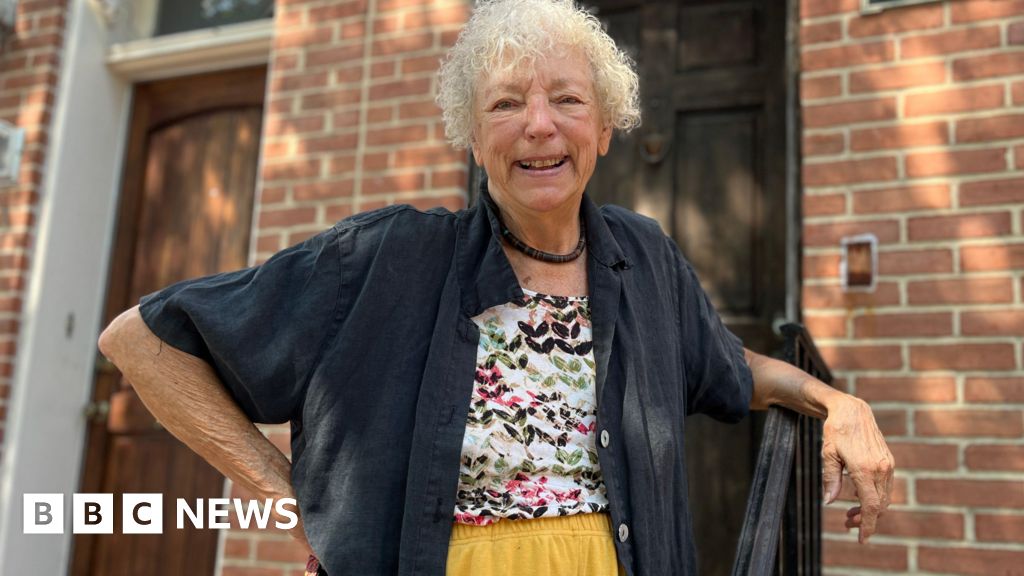In Liverpool Tony Mousedale accepts that while its scheme has helped improve the area in question, there are still issues with anti-social behaviour, and there are still boarded up properties that haven’t been renovated, a decade later.
“I would say anti-social incidents are not as frequent as they used to be,” he says. “Generally speaking, the homes for a pound scheme has been a driver for regenerating the area. There is still a way to go. I think in some ways regeneration never finishes, does it? There’s always more to do.”
Back in Baltimore, David Lidz runs Waterbottle Cooperative, a grassroots organisation that buys up decaying properties in Baltimore and renovates them to rent to people on low incomes.
He is concerned that individuals buying homes for a $1 may lead to areas being gentrified, which results in general rent levels being “jacked up” and people on lower incomes being “pushed out”.
“So then you ask yourself where do those people go? Well they move over to the next rotting neighbourhood. That’s not good.”
At the Baltimore Housing Commissioner’s office, Alice Kennedy says she’s aware of the problems previous renewal schemes have created, and is keen to learn the lessons of the past.
“A top priority for all of us that work in the city is to redress the racist housing policies of the past and the socioeconomic segregation,” she says.
“For me, success is really knowing that our communities are going to be whole again, and that they’re going to have the ability to thrive from birth to death as a human in the city of Baltimore.”
Credit: Source link











